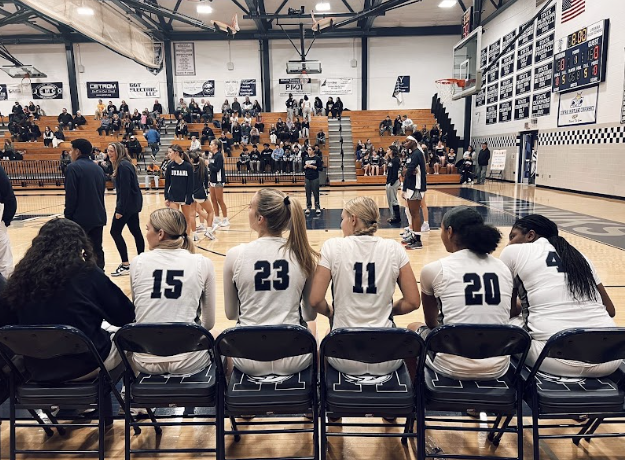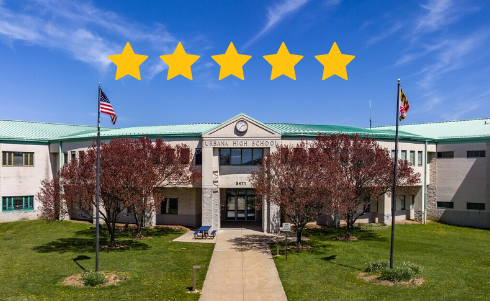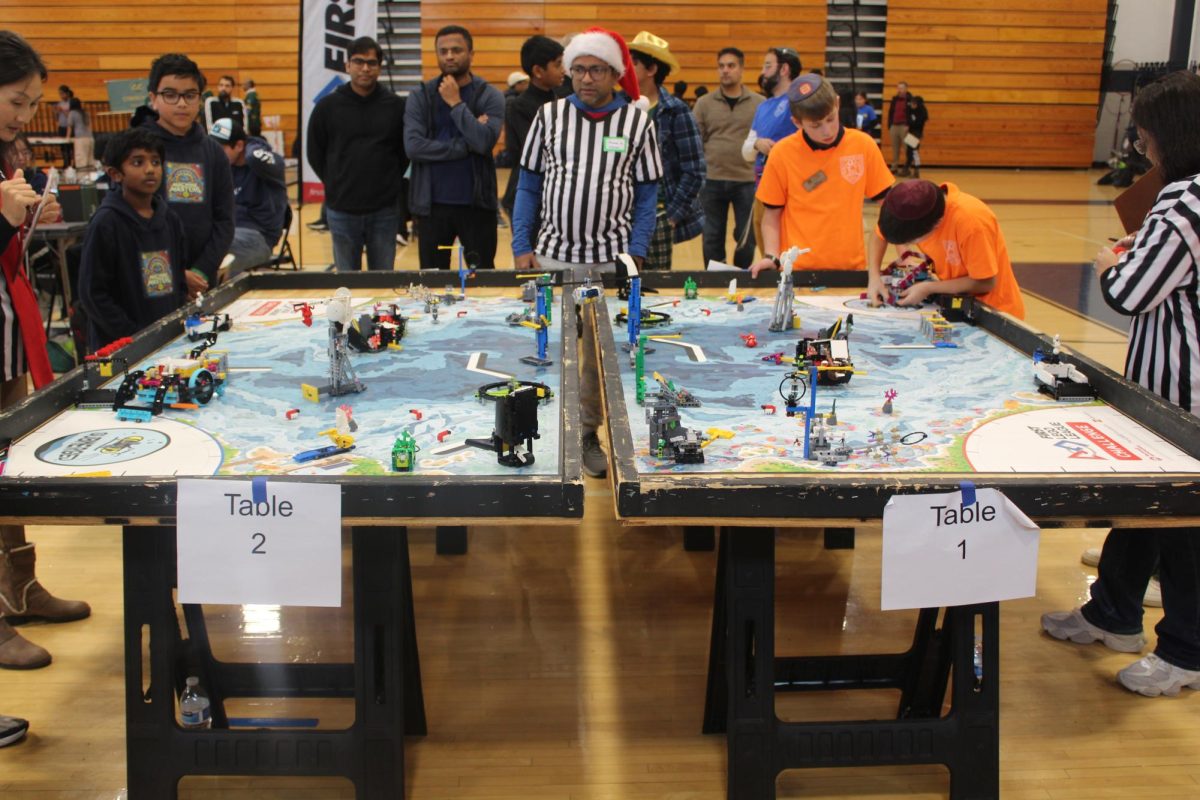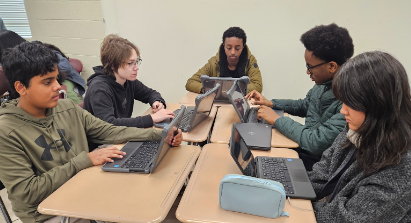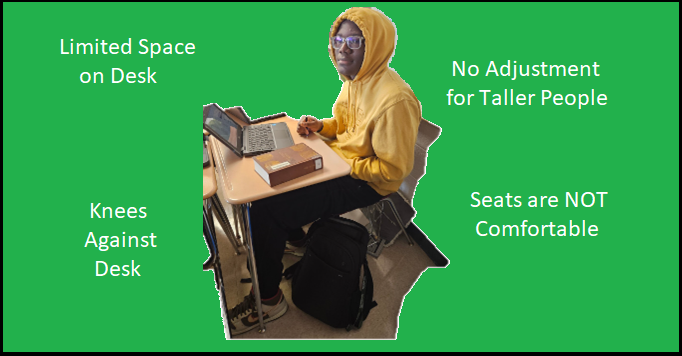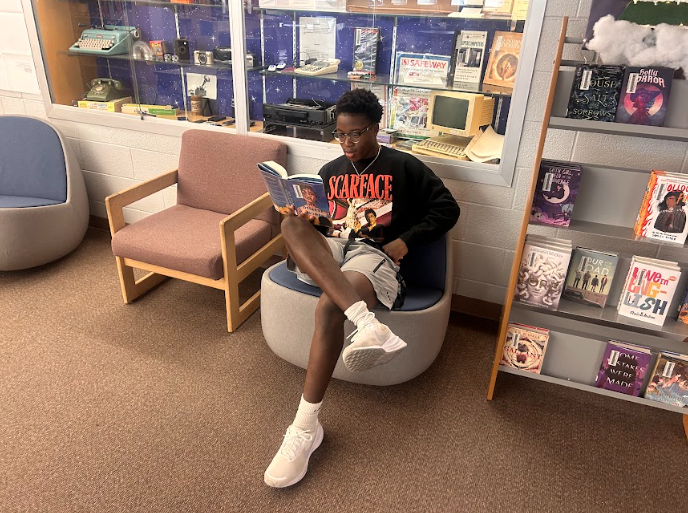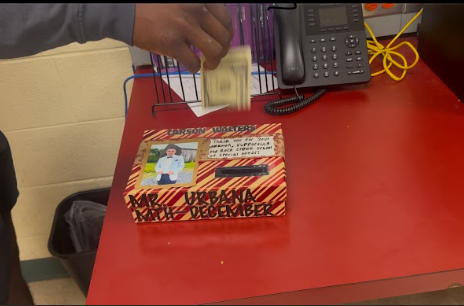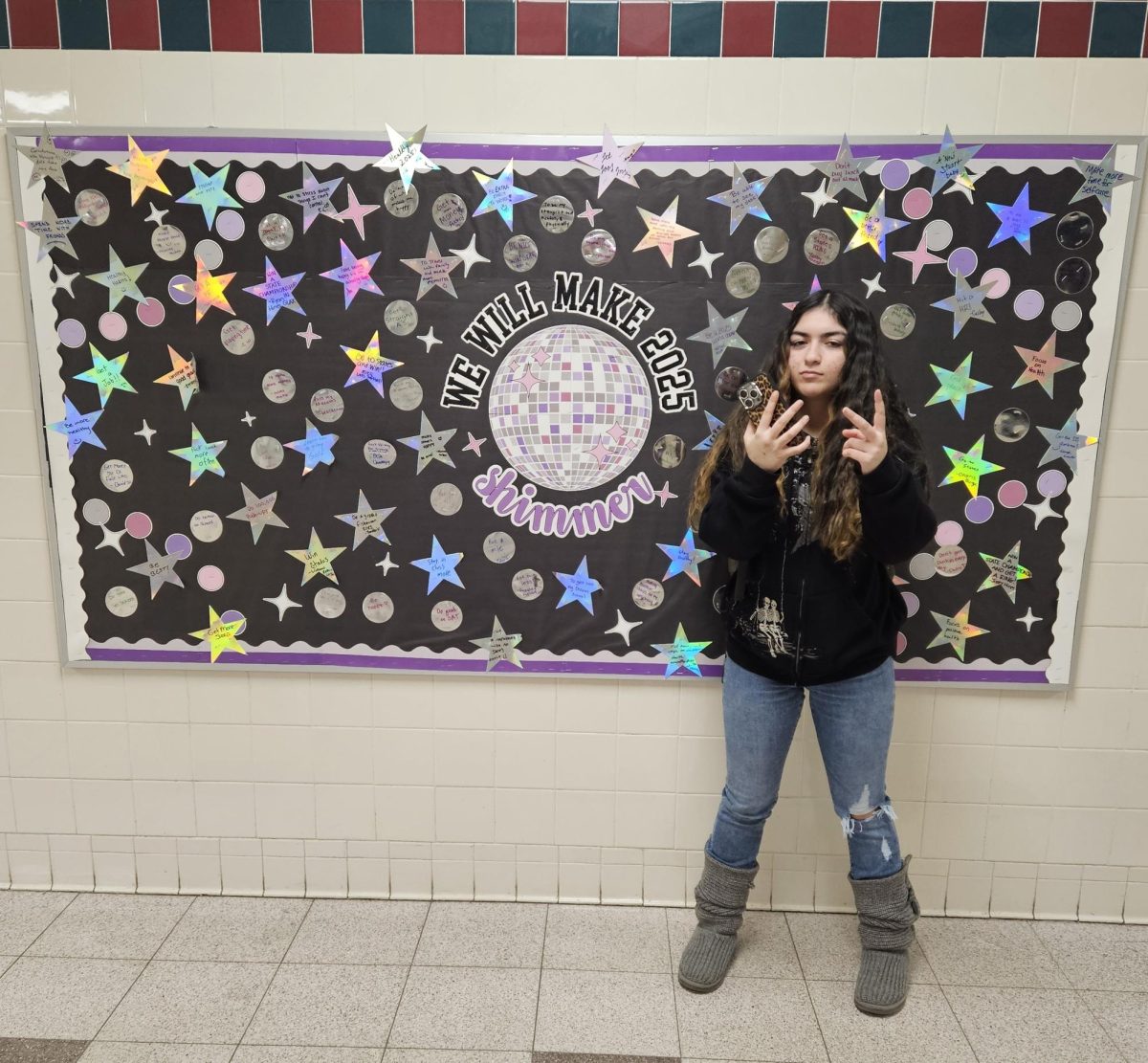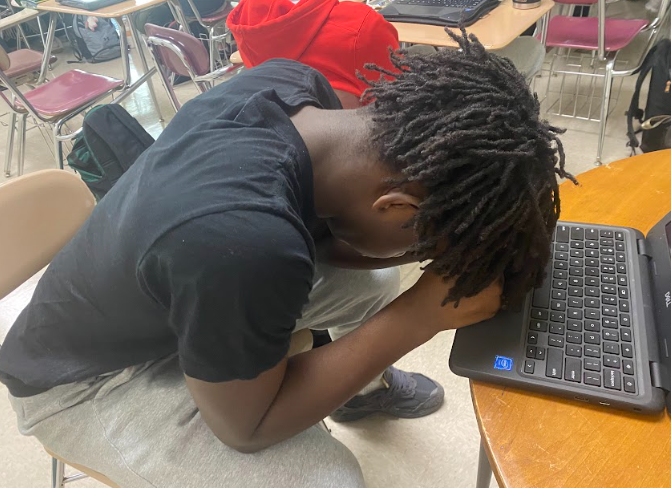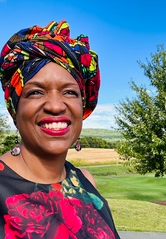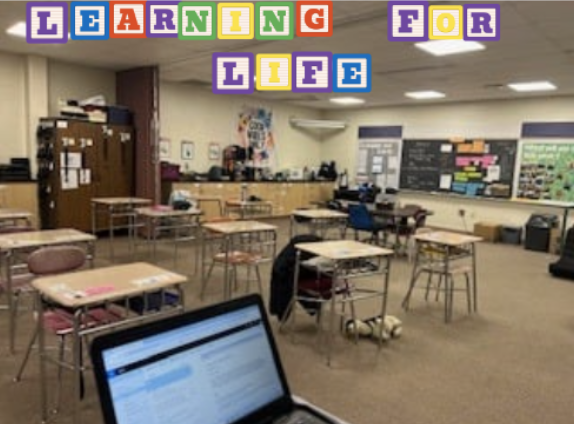Controversial Issues
Creating a safe space to have the tough conversations
December 21, 2020
When you were younger, you were probably told to be open to new ideas and to respect the views and opinions of your peers. Maybe you were even told to not express your opinion on something because it may invalidate what someone else has said. Now in this time in our society, the world has never been so vocal in terms of what we want and what we value in our lives. Along with this openness to express ourselves through the use of words, social media, and art, the question of how we have these conversations arises.
Anything can be considered a trivial topic to talk about, from what someone wears to what someone chooses to do with their life. These topics may not scare you, but the ones dealing with racism, politics, sexism, and homophobia are the topics that most people struggle with talking about. Sri Nalluru, senior at Urbana High School, stated that “it’s important to talk about politics in an open and safe environment because it affects virtually every part of our lives.” It may not be the matter of wanting to speak on the subject, but more so whether or not there is a comfortable, safe, and inviting space to do so. A student from Urbana High School who wishes to stay anonymous said that they were “nervous to talk to some of my friends about certain things happening like the Black Lives Matter movement. I didn’t know how to approach it.”
Sage Thinking―a service that encourages leadership and human learning― gives several guidelines when it comes to having respectful conversations, the first one being suspending judgement. As a human being, we are wired to judge upon first look, considering whether or not something is worth looking at or listening to. When having a discussion about a controversial topic, it is imperative to put all judgements and personal biases aside in order to fully comprehend the opposing side. These are discussions you are having, not arguments, and while there may be some topics with a clear “right or wrong” viewpoint, for the most part there is none.
The next guideline and one we all have learned since elementary school is to listen. Put all of your attention onto the person who is talking and allow yourself to process their words so that you can understand their viewpoint. Do not interrupt them with your opposing side, there will be time for that. Interruption in general during these crucial conversations tend to lead to high tensions and turn the discussion into an argument. This becomes a key factor into the next guideline which is choosing your language carefully. When you are presenting your opinion to others, be attentive to your own tone of voice in not being accusatory or seeming rude. Especially if you are going against what someone else has said, do not use the phrase “you are wrong.” Once again, there is no right or wrong opinion. How we express our opinions and respond to events says a lot about ourselves. Zoë Nelson, a senior at Urbana High School said: “It was very interesting and very telling to see the various reactions people had which taught me a lot about myself and many other people.”
In our relationships we thrive off of having conversations, more specifically the ones that make you think and possibly rethink your own opinion. These discussions happen all over the world and while we may see some people arguing over these topics, it is most likely due to the lack of respect and attempt to be open minded. So when you feel comfortable and decide to have these important conversations with whomever you choose, follow the guidelines stated above and know that your opinions are valid no matter what anyone says.




